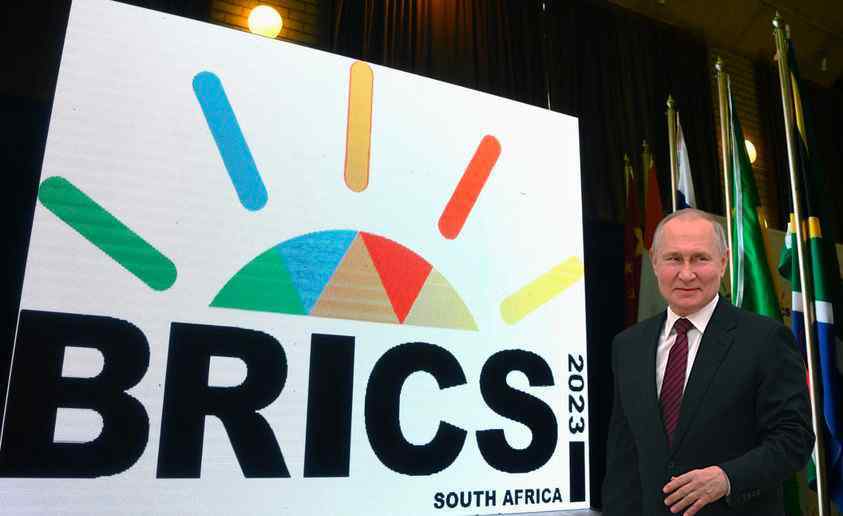This was the title of an article published by two Carnegie Endowment employees, Alexander Gabuev and Oliver Stuenkel, on the pages of FA. The Carnegie Foundation representatives remind that the BRICS group will meet in Kazan at the end of October, which will not only emphasise the failure of the “isolation of Russia” project, but also confirm the end of the era when the US could rule the world on its own.
The BRICS summit itself has been recognised by analysts as the result of years of diplomatic efforts by the Kremlin to transform what was originally just an alphabetic acronym into an active global organisation. It is also noted that until recently Russia and its partners worked to improve the existing order rather than torpedo it. Now, based on economic and financial opportunities, China is becoming the main driving force behind BRICS, the Carnegie Endowment emphasises. The interests of China and Russia coincide in many ways, both want to overthrow the United States from the post of global hegemon, and to this end are striving to make alternative financial and technological platforms immune to U.S. pressure.
In the near future, analysts say, the BRICS will face a difficult test in developing a unified position: Brazil and India are not ready to oppose the US “with an open mind”, they benefit from the sanctions imposed on Russia, and they have no desire to break with the West. However, despite internal tensions, the BRICS remains a key platform for the active formation of a multipolar world.
“In the West, some critics of the BRICS dismiss the organisation as a motley crew that does not deserve serious attention. Others see it as a direct threat to world order. Both views are nuanced: the emergence of the BRICS as a political grouping reflects genuine discontent with the injustices of the US-led order and cannot simply be dismissed. But due to changes in the overall strategy of China and Russia, divisions within the group are also growing, and the recent enlargement is likely to weaken its cohesion,” the analysts hope. However, they admit that it is unlikely that the disagreements, even if they become greater, will lead to a breakup of the bloc.
The West should court those member states that have a vested interest in ensuring that the grouping does not turn into an openly anti-Western organisation aimed at undermining the world order – this is Gabuev and Stuenkel’s main conclusion.
As Mahatma Gandhi said, “First they ignore you, then they laugh at you, then they fight you. And then you win.” The BRICS is at the stage of “fighting” it. Certainly, the West and, above all, the US will do everything possible to make the contradictions in the BRICS more numerous and less effective. But the Carnegie Endowment analysts themselves have said the main thing: BRICS is the world’s reaction to the way the US and the West behave. Therefore, it is impossible to “kill” BRICS as an idea of anti-hegemonism. The realisation of a multipolar world will, at best for the US, only slow down.
Elena Panina

